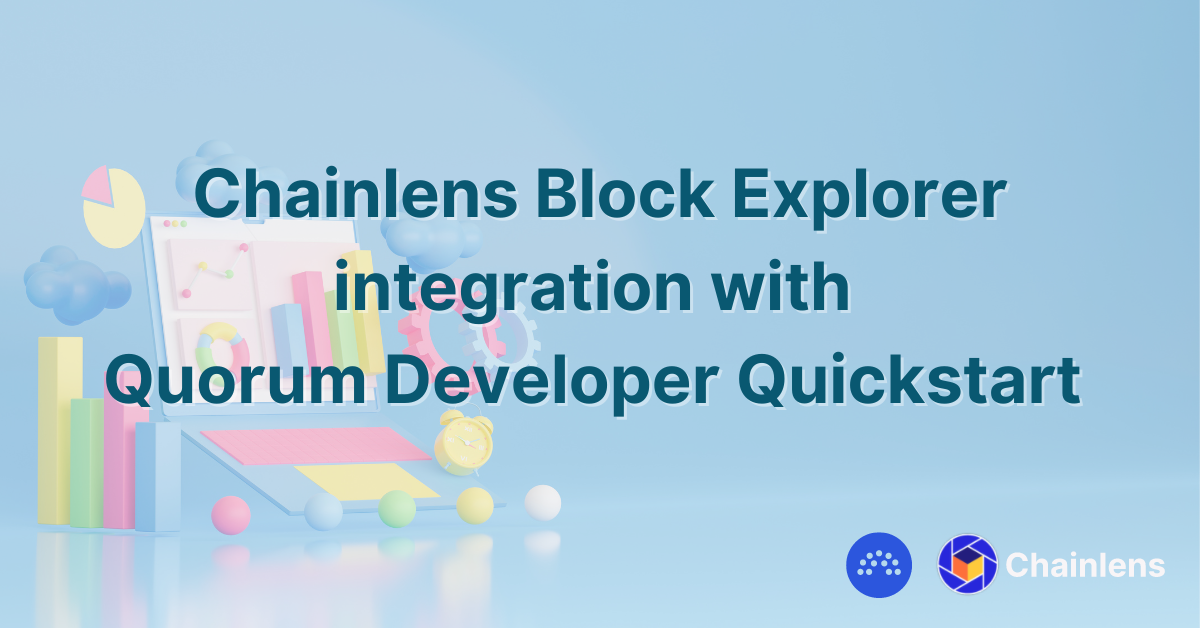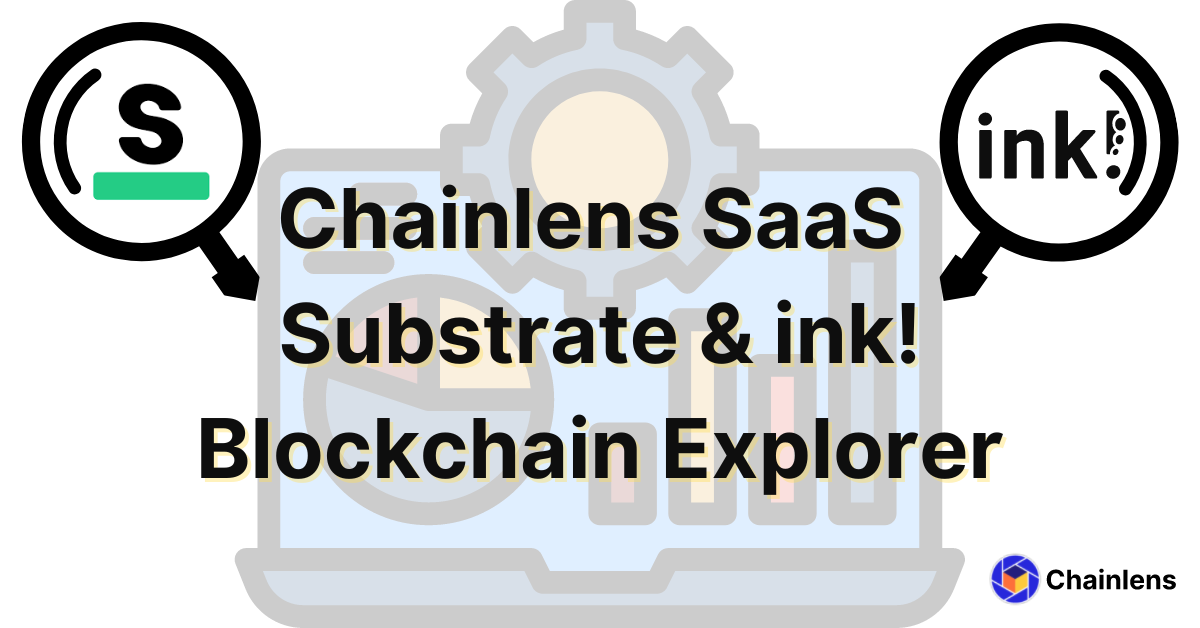Blockchain Business Intelligence
With the deployment of any blockchain network, there are a number of different types of users that it needs to serve. These include developers, DevOps, BizOps and various types of end-users.
Each of these categories of users has its own unique requirements for the information they need, and in turn, depending on their area of focus, they may need to aggregate this information to share it with other types of users or stakeholders.
There are various different software verticals that have been established over time to cater for these needs. However, many of these verticals do not currently exist specifically for blockchain or DLT technology.
Apart from utilising established programming languages, much of the infrastructure driving blockchain and DLT networks has been written from scratch, without consideration as to how best to integrate with existing “traditional” or web2 platforms.
One of the important software verticals for blockchain is integration with business intelligence (BI) applications. For users in the BizOps domain, being able to put together bespoke reporting dashboards that summarise on-chain activity are key for articulating user activity.
As opposed to becoming focussed on technical details of transactions like blockchain explorers typically are, this reporting will measure metrics such as:
User engagement metrics, including:
- The number of new wallets or accounts created
- The number of wallets being actively used
- The trading activity of a particular digital asset in a marketplace. All of which provide helpful insights into actual platform engagement.
Asset-specific metrics such as:
- The number of wallets holding an asset
- Primary sales of an asset
- Secondary sales of an asset
Network-specific metrics such as:
- Network storage growth
- Identifying periods of high activity and their drivers
These are just a handful of examples. But what’s important is that the data and analytics platforms provide the flexibility for such integrations. Otherwise, the wheel ends up being reinvented rather than enabling teams to utilise well-established products.
From conversations with our customers, it was clear that they had ad-hoc reporting requirements and that Sirato’s existing dashboards didn’t cater for their specific reporting requirements. There were a variety of different metrics that they were trying to pull out and link with other data sources to measure user engagement of their applications.
The classic Sirato dashboard
We extended the Chainlens Blockchain Explorer and Analytics Platform to provide a straightforward integration with some of the leading BI platforms, including
- Microsoft PowerBI
- Qlikview
- Tableau
- Metabase
It's even possible to integrate with spreadsheets such as Microsoft Excel!
Chainlens supports leading BI platforms
Once the integration between Chainlens and your BI platform is setup, you can use it to create custom dashboards, such as the following demonstrated using the open source BI tool Metabase.
Custom dashboard using Chainlens and Metabase
No two organisations have the same requirements with their reporting capabilities. Hence identifying the most appropriate metrics often requires ongoing development and can take time to get right. However, having the right foundations will make this task significantly easier. Which is what we’ve focussed on with Sirato.
The below video provides an overview of Chainlens' BI capabilities.
In order to link Chainlens to your BI platform, you’ll need to be on one of the hosted Chainlens plans. The setup is straightforward once we have details of which integration you require.
For more information on Chainlens' blockchain business intelligence capabilities, please reach out to the Web3 Labs team.



